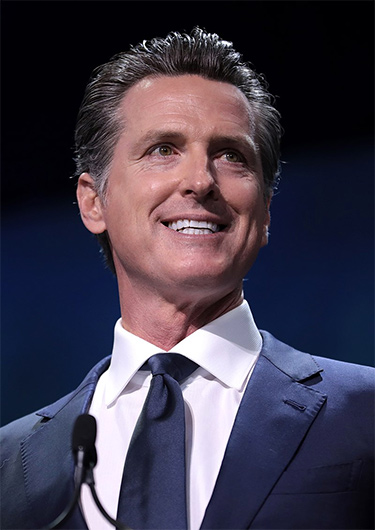By Jim Ellis
Jan. 21, 2022 — The International online survey research firm YouGov just released a major US national poll for CBS News reporting upon their respondents’ attitudes and views about President Joe Biden and his administration’s effectiveness, and the segmented data revealed a surprising information point.In fact, the analysis pinpointed what appears to be a severe area of weakness for the president’s Democratic Party in relation to the midterm elections.
The exhaustive survey, conducted online of 2,094 American adults during the Jan. 12-14 period, focused on the issue areas (in alphabetical order) of Afghanistan, the coronavirus, crime, the economy, inflation, immigration, police and policing, and race relations. In all areas but coronavirus, where the president scored a 52:48 percent favorable rating, his approval score was underwater.
His worst showing came in his handling of inflation. On this issue, the respondent sample expressed unfavorable views about the administration’s performance in a whopping 30:70 percent positive to negative ratio.
While there has been quite a bit of post-2020 election coverage about the Republicans’ improved performance among Hispanics in particular, one group with whom Democrats have gained substantially during the past few elections is among college-educated voters. The Republicans’ diminished vote within this sector is likely a bigger area of concern for party leaders and strategists than how the GOP candidates are performing with minority voters.
Since the Obama presidential election of 2012, the Republican share among college-educated voters has dropped significantly. In fact, it is within this segment where Joe Biden outperformed Hillary Clinton with his greatest increase level. In 2012, President Obama captured 46 percent of the college-educated vote. Four years later, Clinton increased the percentage to 50, and in 2020, Biden’s share rose to 54 percent, or a full eight points better than Obama’s in an eight-year period.
These figures come from the Catalist data trust firm, an entity that bills itself as the “longest running such company in progressive politics,” as reported in a post-election analysis article on the Vox information news site.
The YouGov/CBS poll segmentation categorizes white 4-year college educated voters. Except for the coronavirus and crime issues, this highly educated sector appears to be turning on President Biden. In fact, their negative views on the economy, and particularly inflation, closely mirror the aggregate response, a sampling universe that contains overwhelmingly negative responses from self-identified conservatives.


